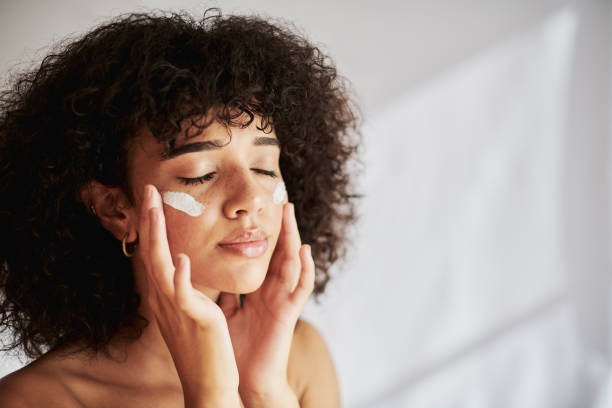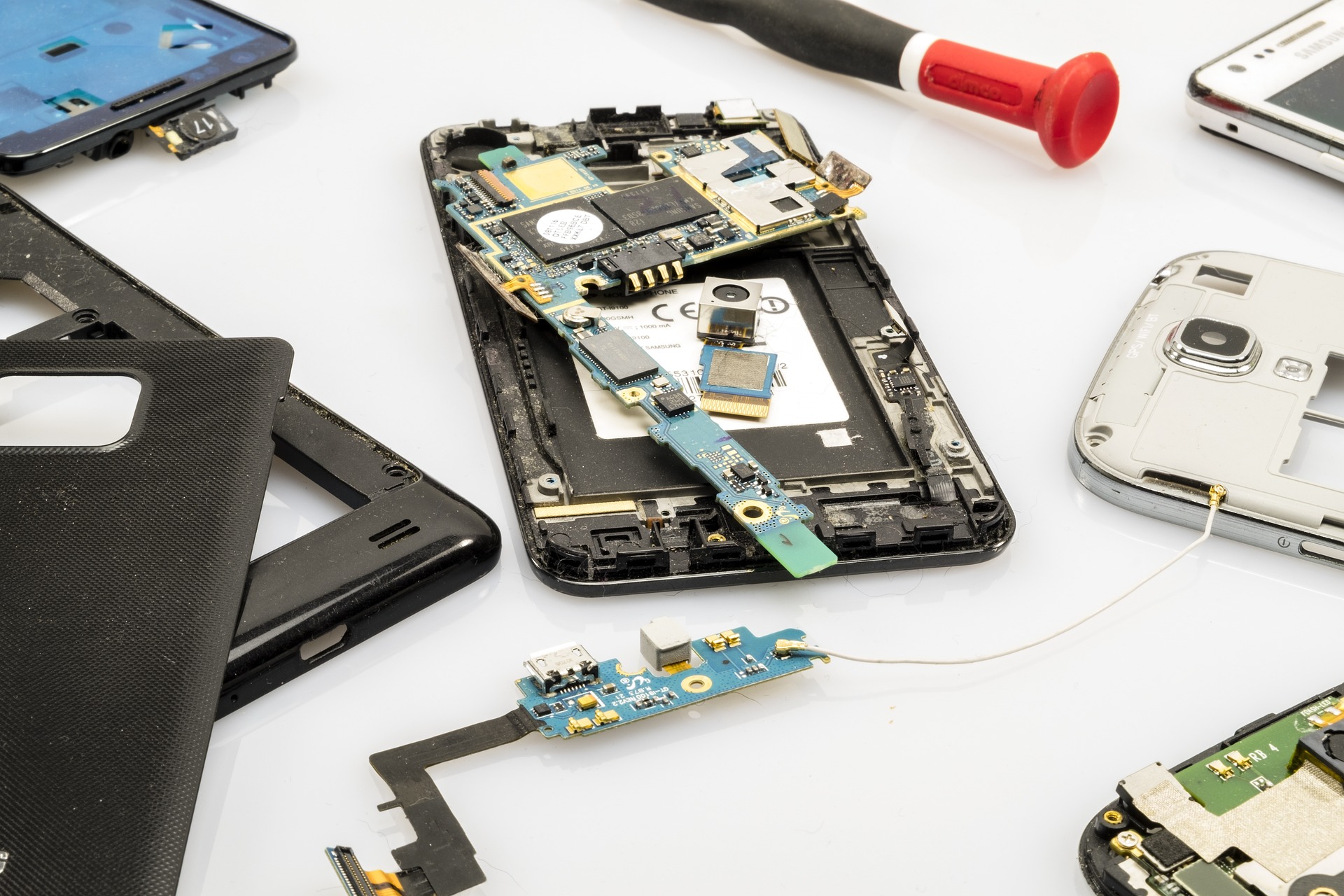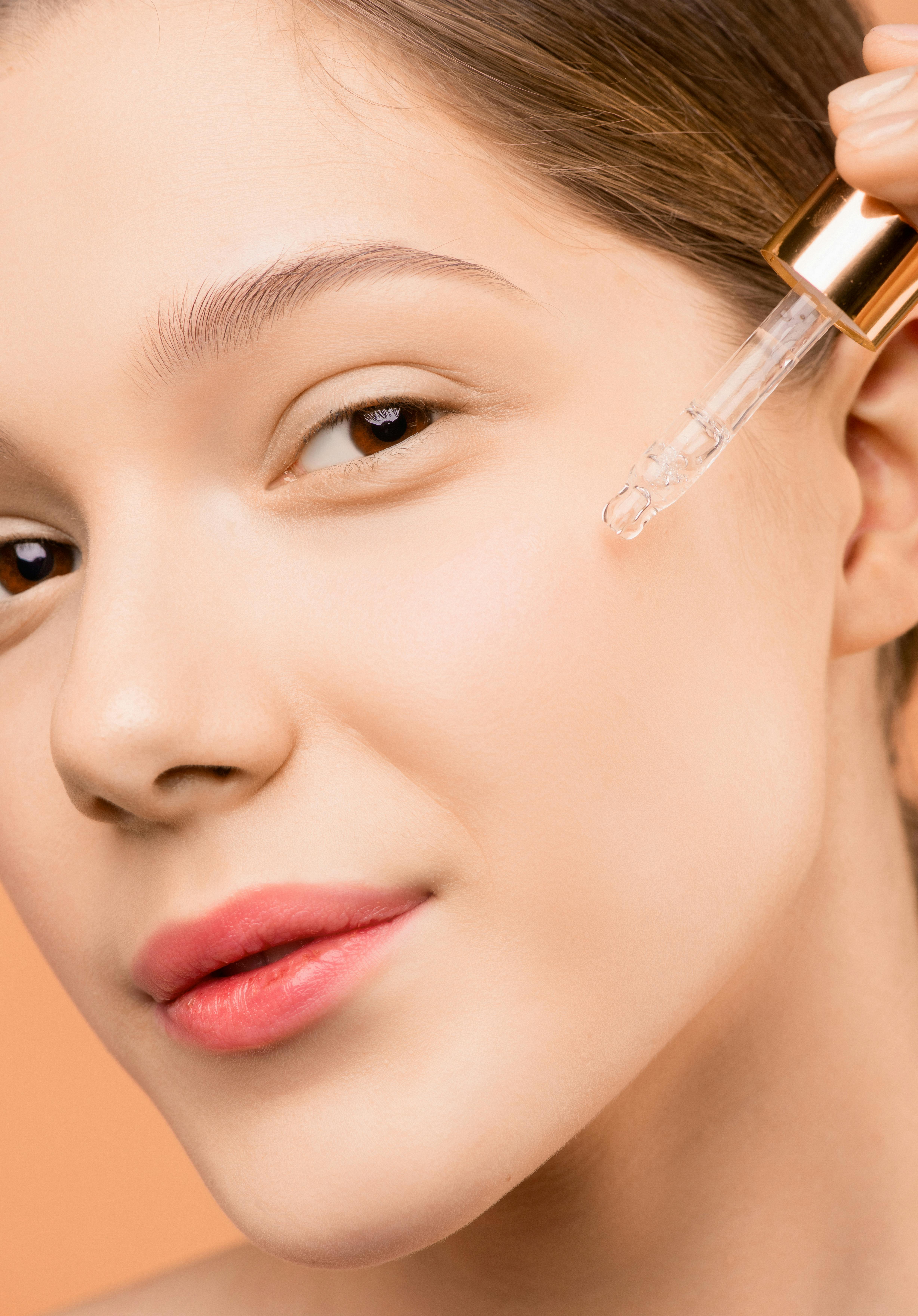Travel-friendly strategies to preserve complexion and strand integrity
Travel routines that protect skin and hair focus on practical steps you can take on the go: prioritize hydration, pack compact sunscreen, choose gentle cleansers and sulfatefree shampoos, and use lightweight barrier-repair products. Small tweaks to packing and daily habits help maintain the microbiome and keep follicles balanced while in transit.

Travel often disrupts regular skincare and haircare routines through changes in humidity, sleep, diet and exposure to sunlight. A compact, layered approach helps preserve complexion and strand integrity without heavy luggage: focus on hydration and barrier support, carry travel-sized sunscreen, and select sulfatefree formulas to reduce irritation. Below are travel-friendly strategies that integrate ingredient-aware choices and simple habits to support both skin and hair health during trips.
This article is for informational purposes only and should not be considered medical advice. Please consult a qualified healthcare professional for personalized guidance and treatment.
How does hydration support skin and hair?
Maintaining hydration is foundational when traveling because cabin air, climate shifts and increased sun exposure can dehydrate both skin and hair. Drink water regularly and use a lightweight humectant-rich moisturizer to retain moisture on the face and body. For hair, a leave-in conditioner or light oil can help reduce water loss from strands and prevent brittleness. Hydration also influences sebum balance: well-hydrated skin often produces more regulated sebum levels, which helps the barrier function and reduces the tendency for overproduction or dryness-related flaking.
Why are ceramides and peptides useful on the road?
Ceramides support the skin barrier by replenishing lipids that prevent transepidermal water loss, while peptides can promote collagen support and surface resilience. Travel exposes skin to stressors that can compromise the barrier; including a compact serum or cream with ceramides helps restore lipids quickly. Peptides in a lightweight product can be layered under sunscreen to maintain tolerance and texture. When choosing multi-use items for travel, look for formulations that combine barrier-repair benefits with pleasant, non-greasy textures.
How to care for the scalp and follicles when away?
Scalp health affects strand integrity because follicles produce the oils and proteins that nourish hair. When changing climates or routines, avoid over-washing; instead, adjust frequency to your environment and use gentle, sulfatefree cleansers that remove buildup without stripping natural oils. Scalp massage with fingertips encourages circulation to follicles and helps distribute sebum evenly. If you encounter itchiness or flaking, prioritize a calming, pH-balanced scalp product rather than heavy treatments that may upset the microbiome further while traveling.
What role do antioxidants and sunscreen play in transit?
Antioxidants help neutralize free radicals generated by UV exposure and pollution, both common when traveling. A serum with antioxidants provides a lightweight layer of defense that complements sunscreen. Sunscreen is essential: choose a broad-spectrum formula suitable for your skin type and reapply as needed, especially during outdoor activities. Combining antioxidants with consistent sunscreen use helps maintain complexion tone and reduces oxidative stress that can accelerate barrier disruption and hair protein damage from sun exposure.
When to use exfoliation and how to manage sebum?
Exfoliation can refresh skin that becomes congested from travel-related changes, but timing and gentleness matter. Use mild chemical exfoliants or gentle physical options sparingly—typically once or twice per week—so you don’t disturb the barrier, especially after long flights. Managing sebum involves balancing cleansing and hydration: over-cleansing to remove oil can prompt rebound sebum production. Opt for targeted spot treatments and lightweight hydrators to keep surface oiliness controlled without stripping natural defenses.
Are sulfatefree products and microbiome-friendly choices better for trips?
Sulfatefree shampoos and cleansers tend to be less stripping, which can be helpful when environmental changes make skin and hair more sensitive. Preserving the skin and scalp microbiome supports natural barrier function and reduces irritation; choose pH-balanced, gentle formulas and avoid excessive antimicrobial products unless recommended by a clinician. Pack multi-purpose items that are microbiome-friendly—such as a mild cleanser, a hydrating serum with ceramides, and a lightweight antioxidant—to reduce luggage while maintaining balanced care for both skin and hair.
Travel-friendly strategies rely on consistency and compact selection rather than elaborate regimens. Prioritize hydration, barrier-supporting ingredients like ceramides, gentle scalp care for follicles, and sun protection with antioxidants to limit environmental damage. Keep exfoliation moderate, manage sebum through balanced cleansing and moisturization, and favor sulfatefree, microbiome-respecting products to reduce sensitivity. With these adjustments, you can protect complexion and strand integrity without overpacking or disrupting routines.






